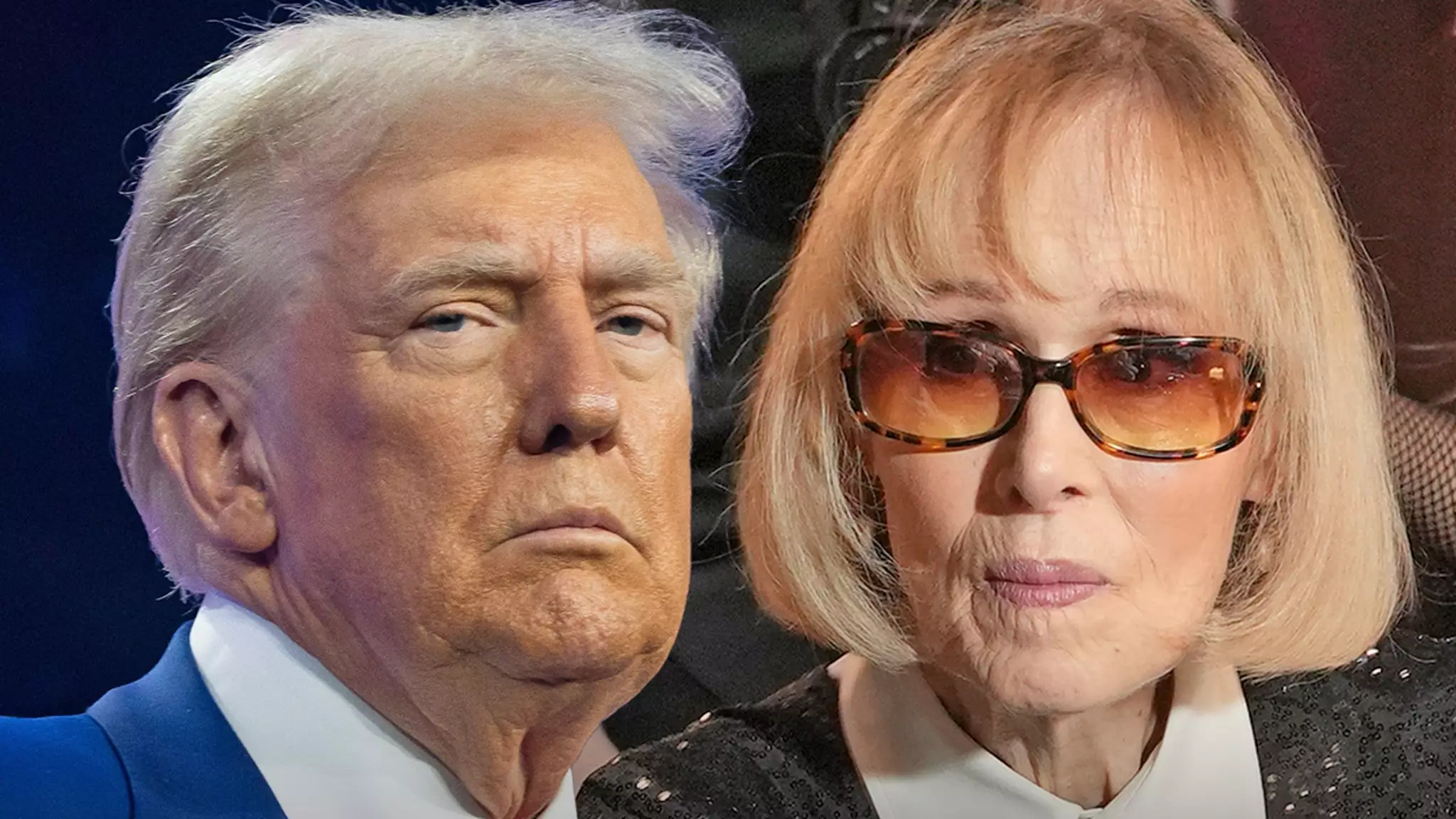The contentious legal dispute between former President Donald Trump and writer E. Jean Carroll has escalated yet again with the recent confirmation of a significant ruling by the United States Court of Appeals for the Second Circuit. The decision, which upheld a jury’s award of $5 million to Carroll, underscores the ongoing complexities involved in cases of sexual assault and defamation. The appellate court’s findings assert that there was no abuse of discretion on the part of the original judge and reiterated the substantial nature of evidence presented by Carroll, dismissing any claims by Trump for a new trial.
E. Jean Carroll initially accused Trump of sexually assaulting her in the mid-1990s, an allegation he has fervently denied, labeling it a “hoax.” This assertion has become a recurring motif in Trump’s narrative, built around the notion of a politically motivated campaign against him. The allegations have not only existed in the realm of civil court but have also advanced into the public consciousness, with Trump’s controversial remarks captured during a 2005 “Access Hollywood” tape often resurfacing during discussions surrounding the case.
The jury’s decision finding Trump liable for sexual abuse, although stopping short of a formal rape designation, still carries significant weight in the broader conversation about accountability and the treatment of sexual assault allegations. Furthermore, the same jury ordered Trump to pay Carroll an additional $83.3 million for defamation, which he is also contesting. This multilayered legal scenario illustrates a broader struggle concerning justice for survivors of sexual violence, especially when faced with powerful adversaries.
As expected, Trump is not relenting in his defense and has made statements about pursuing further appeals. His spokesperson has quickly labeled the ongoing legal battles as part of a “witch hunt,” a characterization that resonates with Trump’s supporters and frames his legal woes as politically charged rather than legitimate grievances. Cheung’s comments reflect a determination to frame the narrative around Trump as a victim of a systematic attack, rather than focusing on the allegations themselves.
This approach effectively galvanizes Trump’s base, reclaiming the narrative surrounding his legal challenges as a form of political repression. The assertion that the legal system is being weaponized against him aligns with themes often present during his presidential campaign, reinforcing his positioning as an outsider fighting against an entrenched political establishment.
The implications of this case go beyond just legal frameworks; they infiltrate cultural discussions about the treatment of female victims of sexual violence and the broader impacts of high-profile legal battles on societal perceptions. Carroll’s victory in court, alongside the significant financial judgment, stands as a potential beacon of hope for many who have weathered similar traumas. Yet, the dismissal of Trump’s alleged misconduct by a significant segment of the public highlights a painful divide in societal attitudes toward accountability for those in power.
The ongoing legal conflict between Donald Trump and E. Jean Carroll revolves around complicated intersections of law, politics, and cultural attitudes toward sexual misconduct. As appeals continue and narratives evolve, the case remains pivotal for discussions about justice and the empowerment of survivors, showcasing the long road ahead in reshaping the conversation and the implications of power dynamics in American society.

